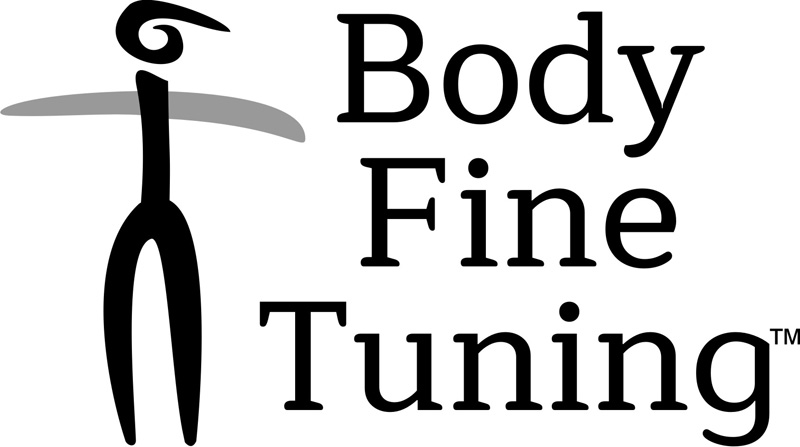Sleep as Self-Care
Get 8-9 Hours Sleep to
Avoid Oxidative Stress Overload
Essential to life, oxygen takes part in countless number and variety of biological processes. Without oxygen we cannot live — but at the same time, too much oxygen is harmful, even toxic.
Maintaining balance is the aim for the body in managing the oxygen intake, transport and removal, and sleep is one of the main tools your body has in obtaining that balance.
3 main causes of oxidative stress
1. Short sleep – the longer you stay awake, the higher the level of oxidative stress products, the reactive oxygen species get in your body.
2. Unhealthy diet – the more you consume fats, sugar, and processed foods, the higher the level of oxidative stress.
3. Pollution – the more you get exposed to smoke, pesticides and harmful chemicals the more oxidative stress trouble you.
How does oxidative stress affects your health?
1. Oxidative stress affects all your body systems making you feel fatigue, muscle and joint pain.
2. You may experience memory loss, decreased eyesight, headaches and sensitivity to noise.
3. Your skin can lose its vitality, show wrinkles and your hair turns grey.
4. You are more susceptible to neurodegenerative diseases including Parkinson's and Alzheimer's disease, gene mutations and cancers.
5 Lifestyle Tips to Avoid Oxidative Stress Overload
1. Diet - follow a healthy diet, including plenty of fresh vegetables, biologically grown when possible, rich in antioxidants.
2. Movement - move enough, and try to avoid long periods of sitting and static posture.
3. Non-toxic house -try to create a non-toxic home-environment by avoiding the use of unnecessary chemicals, like fragrant detergents and washing soaps.
4. Clean air -iIf necessary, use an air-purifier.
5. Sleep - get 8-9 hours of sleep. Sleep is when your metabolic system has time to settle and recover.
Getting Better Sleep
Sleep is self-care at its best.
To fall asleep easily, use a few minutes to calm your body and brain by doing sleep-promoting movements, the way I show in The Moving into Sleep Method. You can start, for example, with your hands, massage your fingers, gently and slowly. Breathe freely, relax your body as well as you can, and notice how the movement gradually soothes you into peaceful sleep.
Thanks for reading!
Wishing you the best of sleep!
Oliver

